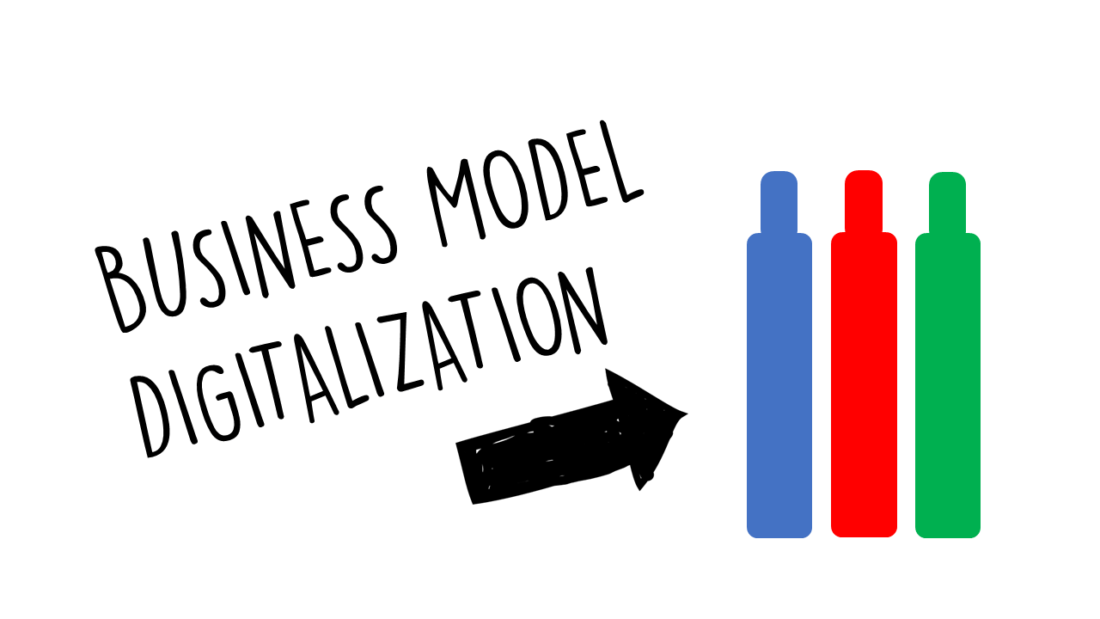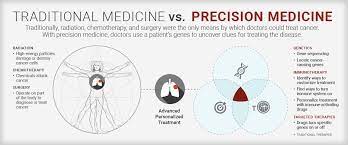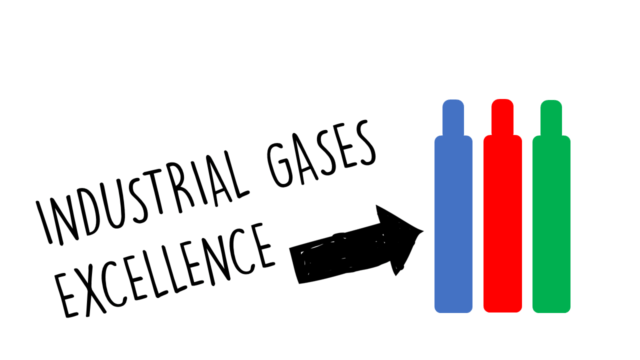Introduction
The industrial gases sector plays a crucial role in various industries, providing essential gases such as oxygen, nitrogen, and hydrogen for a wide range of applications. From manufacturing and healthcare to food processing and electronics, industrial gases are vital for numerous processes. As technology continues to advance, the industry is experiencing a new era of digitalization that is transforming the way it operates. This article will explore the role of data in the industrial gases sector and how digitalization is revolutionizing the industry.
The Role of Data in the Industrial Gases Sector: A New Era of Digitalization
Data has always been important in the industrial gases sector, but with the advent of digitalization, its significance has grown exponentially. The industry is generating vast amounts of data from various sources such as sensors, equipment, and production processes. This data can provide valuable insights into operational efficiency, safety measures, and supply chain management.
Data-driven decision making is becoming increasingly prevalent in the industry. By analyzing data, companies can identify patterns, trends, and anomalies that can help optimize processes and improve overall performance. For example, data analytics can be used to predict equipment failures and schedule maintenance proactively, reducing downtime and increasing productivity.
Harnessing the Power of Data: How Digitalization is Revolutionizing the Industrial Gases Industry
Digitalization is revolutionizing the industrial gases industry in numerous ways. One example is the use of advanced analytics to optimize production processes. By analyzing data from sensors and equipment, companies can identify bottlenecks, inefficiencies, and areas for improvement. This allows them to make data-driven decisions to optimize production and increase output.
Another area where digitalization is making a significant impact is supply chain management. By leveraging data analytics, companies can improve forecasting accuracy, optimize inventory levels, and streamline logistics. This leads to better customer service, reduced costs, and improved overall efficiency.
The Impact of Digitalization on Operational Efficiency in the Industrial Gases Sector
Digitalization has the potential to significantly improve operational efficiency in the industrial gases sector. By implementing digital technologies such as IoT sensors and automation systems, companies can monitor and control processes in real-time. This allows for faster response times, reduced errors, and increased productivity.
Digitalization also enables companies to implement predictive maintenance strategies. By analyzing data from equipment sensors, companies can identify potential issues before they occur and schedule maintenance proactively. This reduces downtime, extends equipment lifespan, and improves overall operational efficiency.
Leveraging Data Analytics to Optimize Production and Supply Chain in the Industrial Gases Industry
Data analytics plays a crucial role in optimizing production and supply chain management in the industrial gases industry. By analyzing data from various sources such as production processes, equipment sensors, and customer demand, companies can gain valuable insights that can help improve efficiency and reduce costs.
For example, data analytics can be used to identify production bottlenecks and optimize production schedules. By analyzing data on equipment performance, companies can identify areas for improvement and implement changes to increase output.
In supply chain management, data analytics can help improve forecasting accuracy and optimize inventory levels. By analyzing historical data and market trends, companies can make more accurate predictions about future demand and adjust inventory levels accordingly. This leads to reduced costs, improved customer service, and better overall supply chain performance.
Enhancing Safety and Sustainability through Data-driven Decision Making in the Industrial Gases Sector
Data-driven decision making is not only beneficial for operational efficiency but also for safety measures and sustainability efforts in the industrial gases sector. By analyzing data from various sources such as safety sensors, incident reports, and environmental monitoring systems, companies can identify potential safety risks and take proactive measures to mitigate them.
For example, by analyzing data on safety incidents, companies can identify patterns or trends that indicate potential hazards. This allows them to implement preventive measures to reduce the likelihood of accidents and improve overall safety.
Data can also contribute to sustainability efforts in the industry. By analyzing data on energy consumption, emissions, and waste generation, companies can identify areas for improvement and implement changes to reduce their environmental impact. This can include optimizing production processes, implementing energy-efficient technologies, and reducing waste generation.
The Role of Artificial Intelligence and Machine Learning in the Industrial Gases Industry
Artificial intelligence (AI) and machine learning (ML) have the potential to revolutionize the industrial gases industry. These technologies can analyze vast amounts of data and identify patterns, trends, and anomalies that humans may not be able to detect. This can lead to improved decision making, increased efficiency, and reduced costs.
For example, AI and ML algorithms can be used to optimize production processes by analyzing data from sensors and equipment. These algorithms can identify optimal operating conditions, predict equipment failures, and recommend process improvements.
In supply chain management, AI and ML can be used to improve forecasting accuracy and optimize inventory levels. By analyzing historical data and market trends, these technologies can make more accurate predictions about future demand and adjust inventory levels accordingly.
Unleashing the Potential of IoT in the Industrial Gases Sector: Connecting Assets for Greater Efficiency
The Internet of Things (IoT) is another technology that is transforming the industrial gases sector. IoT involves connecting various assets such as sensors, equipment, and production processes to a network, allowing for real-time monitoring and control.
By implementing IoT technologies, companies can monitor equipment performance, track inventory levels, and optimize production processes in real-time. This leads to improved efficiency, reduced downtime, and increased productivity.
IoT also enables companies to implement predictive maintenance strategies. By analyzing data from equipment sensors, companies can identify potential issues before they occur and schedule maintenance proactively. This reduces downtime, extends equipment lifespan, and improves overall operational efficiency.
Unlocking New Revenue Streams: Monetizing Data in the Industrial Gases Industry
Data has the potential to unlock new revenue streams in the industrial gases industry. By analyzing and monetizing data, companies can create new products and services, improve customer experiences, and generate additional revenue.
For example, companies can analyze customer data to identify patterns and trends that can help improve customer experiences. This can include personalized recommendations, targeted marketing campaigns, and customized pricing models.
Data can also be monetized by selling it to third parties. For example, companies can sell anonymized data to research institutions or other industries that can benefit from the insights gained.
Overcoming Challenges in Data Management and Security in the Industrial Gases Sector
While data offers numerous opportunities for the industrial gases sector, it also presents challenges in terms of data management and security. Companies need to ensure that they have robust data management systems in place to collect, store, and analyze data effectively.
Data security is also a critical concern. With the increasing amount of data being generated and stored, companies need to implement robust security measures to protect sensitive information from unauthorized access or cyber-attacks.
To overcome these challenges, companies should invest in data management systems that are scalable, secure, and compliant with industry regulations. They should also implement robust cybersecurity measures such as encryption, access controls, and regular security audits.
The Future of the Industrial Gases Industry: Embracing Digitalization for Sustainable Growth
The future of the industrial gases industry lies in embracing digitalization for sustainable growth. As technology continues to advance, companies that fail to adapt may be left behind. By leveraging data and digital technologies, companies can improve operational efficiency, enhance safety measures, optimize supply chain management, and unlock new revenue streams.
To stay competitive in the future, companies should invest in digital transformation initiatives that focus on data analytics, AI, ML, IoT, and cybersecurity. By embracing digitalization, the industrial gases industry can achieve sustainable growth and continue to play a crucial role in various industries.
Conclusion
In conclusion, data and digitalization are transforming the industrial gases sector. By harnessing the power of data, companies can improve operational efficiency, optimize production and supply chain management, enhance safety measures, and unlock new revenue streams. The future of the industry lies in embracing digitalization for sustainable growth. By investing in digital transformation initiatives and implementing robust data management and security measures, companies can stay competitive and continue to thrive in the evolving industrial gases sector.




